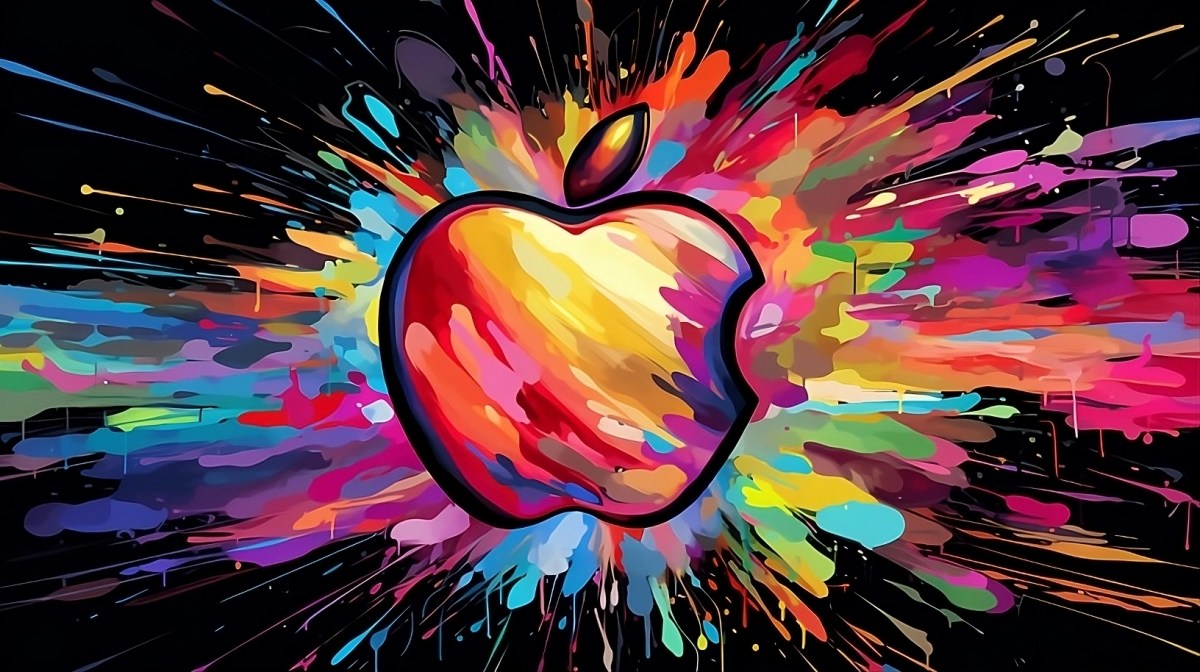Apple’s Challenge to Antitrust Regulations
Upon observing Apple’s recent defiance of European antitrust regulators, it is clear that the company’s practices warrant closer examination under the lens of antitrust scrutiny. The tech industry thrives on open standards and fair competition, fostering innovation through investments in cutting-edge technologies such as new iterations of the internet, advanced AI tools, transparent blockchain technology, and virtual gathering platforms like the metaverse. However, Apple’s vertical integration approach, characterized by proprietary hardware, software, chipsets, physical and digital stores, and data centers, poses a significant obstacle to this ethos of open competition.
The Case Against Apple’s Walled Garden
Apple’s dominance in the tech industry has transformed it from an underdog to a behemoth that controls all aspects of its ecosystem. This vertical integration strategy, while instrumental in Apple’s success, contrasts with the collaborative, horizontally structured approach that defined Silicon Valley’s past innovative spirit. As Apple solidifies its position as the gatekeeper of its closed ecosystem, concerns arise regarding the negative implications of such monopolistic control on innovation, consumer choice, and fair competition in the tech sector.
Evaluating Apple’s Policies and Practices
Amidst high-profile legal battles with companies like Spotify and Epic Games, Apple’s restrictive policies and arbitrary rules have sparked debates around censorship, anti-competitive behavior, and the stifling of innovation within its app ecosystem. Criticisms of Apple’s 30% fee on transactions, ambiguous guidelines around app approvals, and constraints on emerging technologies like non-fungible tokens (NFTs) highlight the need for a regulatory framework that ensures a level playing field for all market participants.
Antitrust Implications and Regulatory Responses
While the European Union recently imposed a $1.9 billion fine on Apple for antitrust violations related to its music streaming service, global regulatory bodies are grappling with the complexities of reigning in tech giants’ monopolistic tendencies. Efforts such as the EU’s Digital Markets Act seek to address the gatekeeper control exerted by companies like Apple and Google, aiming to promote fair competition, consumer empowerment, and technological innovation in the digital landscape.
The Road Ahead for Tech Competition
As we navigate towards a future defined by technologies like the metaverse, blockchain, AI, and beyond, the role of regulatory oversight in curbing monopolistic practices and safeguarding open competition becomes increasingly vital. Apple’s unprecedented market power underscores the need for a reevaluation of antitrust laws, consumer protection measures, and regulatory frameworks that can ensure a dynamic, competitive tech ecosystem where innovation thrives, choices abound, and monopolies are held in check.
Image/Photo credit: source url





